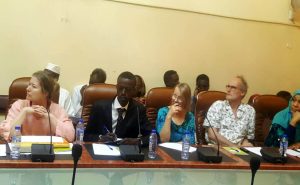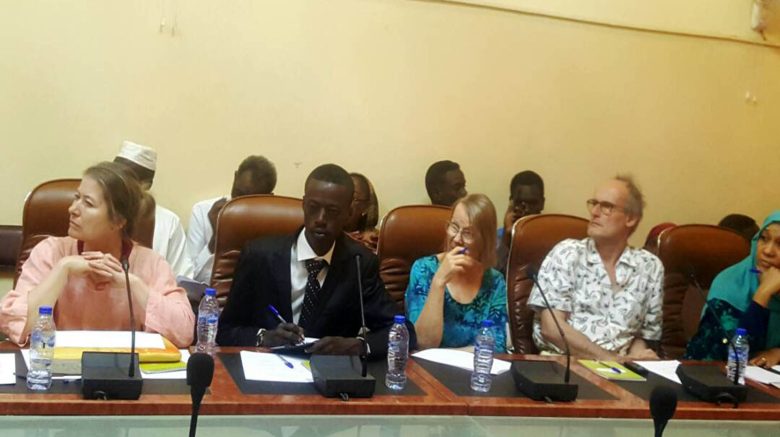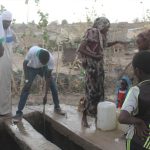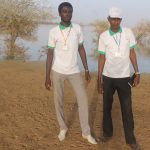1- Work to promote the people of the nation and enhance the spirit socially, culturally, and pedagogically.
2- Preservation of the local heritage and work that corresponds to the spirit of current evolution.
3- Development of the Zakhawa community in general, comprehensive development in social, educational and other fields.
4- Leading society to preserve their heritage, supreme values and customs.
5- developing positive inter-community intellectual relations and transmitting the spirit of brotherhood and mutual affection.
6- orient the community towards the preservation of the environment.
7- Ensure the education of women so that together we can develop socially and culturally, as well as the education of children.
8- Combat customs and traditions that are harmful to the community, such as female genital mutilation and the high cost of the dowry, revenge, and religious fanaticism that does not contradict Islam.
- ▪ Organizing cultural and social activities through seminars and conferences to combat bad habits and spread virtues.
- ▪ Knowledge visits to archaeological sites and cultural centers.
- ▪ Raising awareness and implementing campaigns; hygiene in public places and on tree planting.
- ▪ Establish plans, awareness campaigns on the need to avoid serious diseases, such as AIDS, CHOLERA, and other contagious diseases.
- ▪ Conducting cultural caravans in different areas from time to time to raise community awareness ;
- ▪ Coordinating and cooperating with official state bodies and with associations and organization calling for the realization of the same objectives of the association.
- ▪ Open centers for literacy and vocational training ;
▪ Conduct field studies and research to determine real needs across the country in the fields of education, health, socio-economic
 Teaching may be carried out informally, within the family, which is called homeschooling, or in the wider community. Formal teaching may be carried out by paid professionals. Such professionals enjoy a status in some societies on a par with physicians, lawyers, engineers, and accountants. A teacher’s professional duties may extend beyond formal teaching. Outside of the classroom teachers may accompany students on field trips, supervise study halls, help with the organization of school functions, and serve as supervisors for extracurricular activities. In some education systems, teachers may have responsibility for student discipline.Around the world teachers are often required to obtain specialized education, knowledge, codes of ethics and internal monitoring.
Teaching may be carried out informally, within the family, which is called homeschooling, or in the wider community. Formal teaching may be carried out by paid professionals. Such professionals enjoy a status in some societies on a par with physicians, lawyers, engineers, and accountants. A teacher’s professional duties may extend beyond formal teaching. Outside of the classroom teachers may accompany students on field trips, supervise study halls, help with the organization of school functions, and serve as supervisors for extracurricular activities. In some education systems, teachers may have responsibility for student discipline.Around the world teachers are often required to obtain specialized education, knowledge, codes of ethics and internal monitoring.
There are a variety of bodies designed to instill, preserve and update the knowledge and professional standing of teachers. Around the world many governments operate teacher’s colleges, which are generally established to serve and protect the public interest through certifying, governing and enforcing the standards of practice for the teaching profession.




